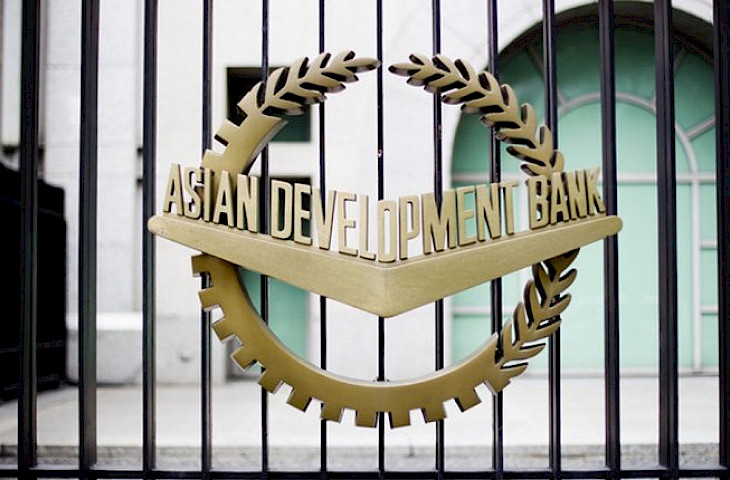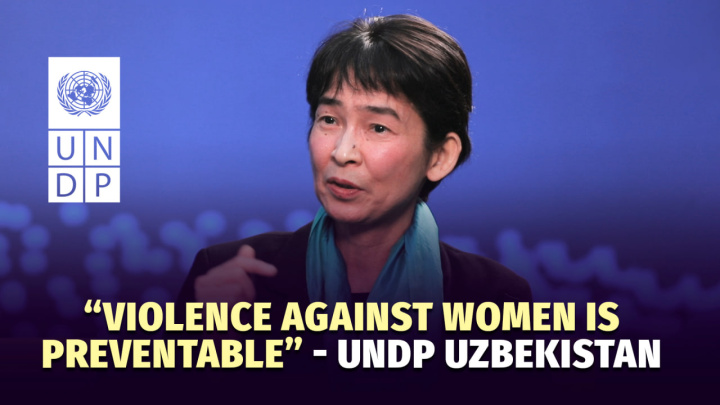The Asian Development Bank (ADB) has endorsed a new Country Partnership Strategy (CPS) for Uzbekistan. The 5-year partnership strategy, from 2019–2023, supports the government’s ongoing reforms to help the economy’s transition towards a more inclusive and market-driven growth path, ADB press service said.
Although Uzbekistan is experiencing economic growth, it faces significant challenges, including tackling growing youth unemployment, creating quality jobs, developing the private sector, improving public infrastructure, and maximizing the country’s potential as a hub for transport, trade, and regional cooperation in Central Asia.
Under the new CPS, ADB will support the government’s long-term objectives to improve the quality of people’s lives and enable the creation of quality jobs. Its country operations will support private sector development, reduce economic and social disparities, and promote regional cooperation and integration.
ADB will help make cities and villages outside Tashkent more livable through rural development and improving access to finance of small and medium-sized enterprises, particularly those owned or led by women. ADB will also support the livestock, horticulture, and irrigation sectors to create jobs and improve sources of income. ADB will boost its support for regional cooperation initiatives, benefiting Uzbekistan. It will promote regional power trade within the Central Asia Power System and regional connectivity along major corridors of the Central Asia Regional Economic Cooperation (CAREC) countries.
“ADB’s new partnership strategy is closely aligned with the government’s objectives to provide a more inclusive and sustainable future to the people of Uzbekistan. Through the CPS, we will continue our support in improved water supply and sanitation, better roads and railways, enabling horticulture production and export, efficient irrigation systems, and supply of reliable electricity for homes and businesses,” said ADB Country Director for Uzbekistan Ms. Cindy Malvicini. “People will have improved health care services, particularly for mothers and children. ADB will also help the government provide young people with the latest skills needed to find jobs.”
ADB will support efforts to create a more conducive environment for the private sector through public–private partnership projects. Uzbekistan’s economy is heavily dominated by state-owned enterprises, limiting opportunities for the private sector. ADB will also help key state-owned companies to improve their financial management and governance.
The CPS is in line with ADB’s Strategy 2030, which sets the course for the bank to effectively respond to the changing needs of the Asia and Pacific region. In Uzbekistan, ADB will strengthen governance and institutional capacity; address remaining poverty and reduce inequalities; promote rural development; and foster regional cooperation and integration.
Since joining ADB in 1995, Uzbekistan has received 72 loans totaling $7.7 billion, including two private sector loans totaling $225 million. ADB also provided $6 million in equity investment, $218 million in guarantees, and $93.1 million in technical assistance grants. In 2018, ADB committed five loans totaling $1.1 billion to improve power generation efficiency, primary health care services, access to finance for horticulture farmers and businesses, access to drinking water in the western part of Uzbekistan, and economic management in the country.
ADB is committed to achieving a prosperous, inclusive, resilient, and sustainable Asia and the Pacific, while sustaining its efforts to eradicate extreme poverty. In 2018, it made commitments of new loans and grants amounting to $21.6 billion. Established in 1966, it is owned by 68 members—49 from the region.






